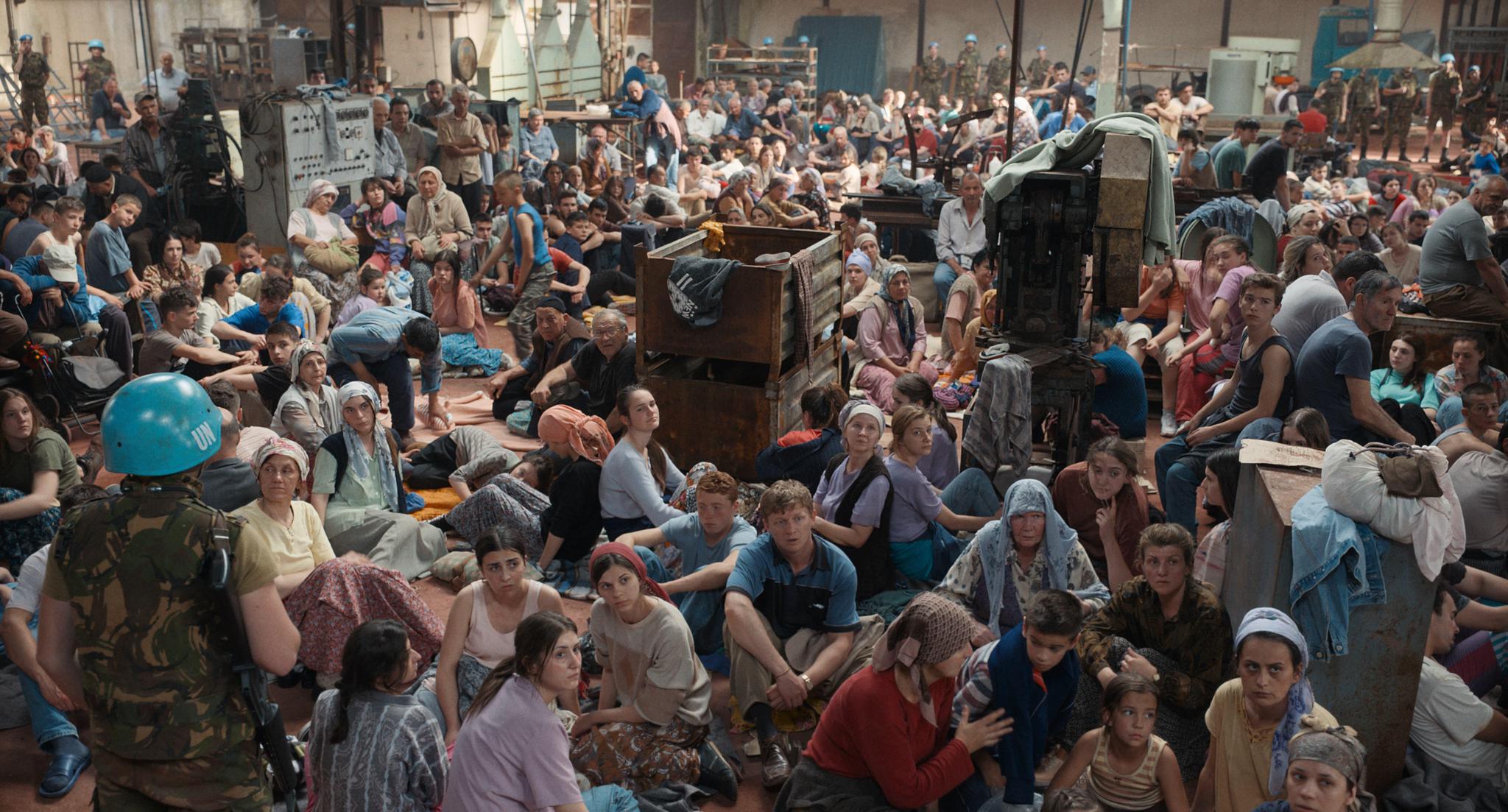'Quo Vadis, Aida?' Asks: Where Does A Society Go After War Ends?
Jasmila Zbanic's Oscar-nominated film dramatizes the genocide of more than 8,000 Bosnian Muslim men and boys in Srebrenica in 1995. Aida is a former teacher working as a translator for U.N. forces.
by Bilal Qureshi
Apr 14, 2021
3 minutes

Filmmaker Jasmila Zbanic was a 17-year-old student living in Sarajevo with her family when the Bosnian war began in April 1992. As clashes over Bosnia's referendum for independence first started, she says nobody imagined there could ever be a full war. "It started like [the] riots on Congress in January in [the] U.S. ... I was happy when this happened because I thought what a cool thing not to go to school and have [the] whole city stop," she says.
You’re reading a preview, subscribe to read more.
Start your free 30 days



